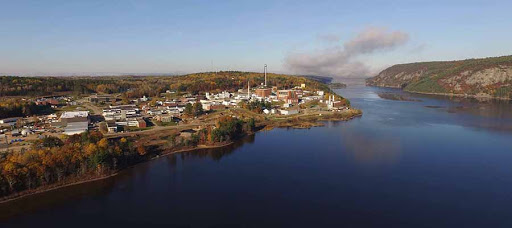
Canadian Nuclear Laboratories to work on clean energy technologies for ships
Canadian Nuclear Laboratories (CNL) has won Transport Canada's contract to develop an assessment tool to examine renewable technologies that could reduce emissions of greenhouse gases and other contaminants from marine vessels.
The goal is to help Canada analyze and pursue the use of hydrogen and other renewable energy technologies to move away from conventional sources of fuel that lead to marine pollution and climate change, using what is known as the Marine-Zero FuelTM (MaZeFTM) Assessment Tool from CNL.
This three-year project is sponsored by the Innovation Centre of Transport Canada. Once completed, both domestically and globally, the assessment tool will be applicable to marine operations in Canada.
“As a leader in nuclear science and technology, and research in hydrogen production, storage and safety, CNL has a deep understanding of clean energy technologies and their applications. We look forward to applying this expertise to the marine industry, and help Canada continue to protect the environment and fight climate change," said Minister of Transport, the Honourable Marc Garneau.
Overall, these activities will give the marine sector a greater understanding of the different propulsion methods available, including fuel cell engines and ammonia combustion technologies in existing engines.
Research will also concentrate on extending the MaZeFTM assessment tool to include viability and market concerns, safety regulations and review of the life cycle.
This will make it possible to evaluate the use of hydrogen technology, such as forklifts, cranes and transport vehicles, for port-side operations.
Maritime Business World




YORUM KAT